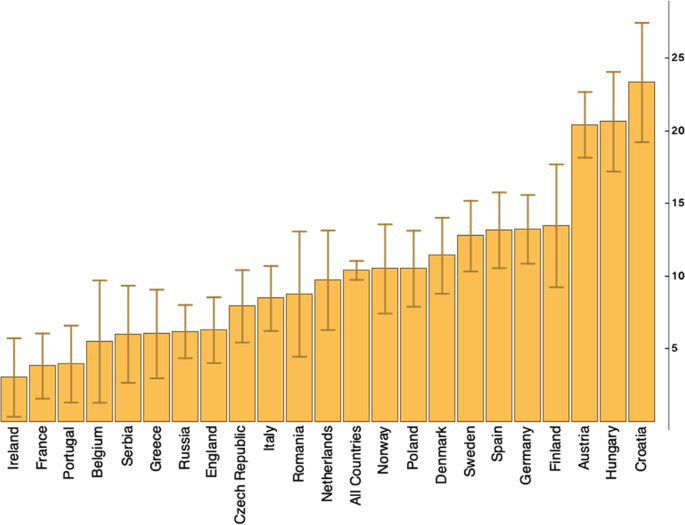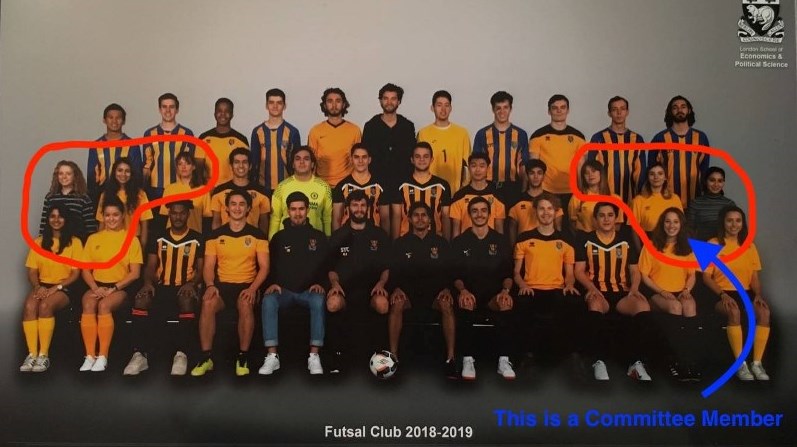“We asked for workers: We got people instead”. This famous quote by Swiss author Max Frisch shows the complex phenomenon of migration, where the importance of labor relations is highlighted and social interactions are neglected. This imbalance is still overwhelmingly present in economic research.
In the labor market, however, economist have recognized the importance of conducting research that focuses on how minorities are treated. The field experimental setting introduced by Bertrand & Mullainathan (2004) proved to be ground breaking. They wrote fictitious job applications in the US with African-American and White-American sounding names. Their results demonstrated the barriers African-Americans face when finding jobs in the US labor market. This method has been replicated numerous times for occupations all over the world (see e.g., Quillian et al., 2017 or Neumark, 2018).
Modifying the approach from Bertand & Mullainathan (2004), our research group wrote applications to amateur football clubs in Switzerland asking to join a training session (Nesseler et al., 2019). Amateur football is a social interaction which has an important influence on integration (Walseth, 2008). People join football clubs to socialize, to create networks, and, of course, to play football.
The results of our research demonstrated that people with a foreign-sounding name were 10% less likely to be invited for a training session in Switzerland. Interpreting these results, however, was impossible as we did not have a reference value. Or in simpler terms: How much is 10%?
We choose to repeat the study in 22 European countries; Austria, Belgium, Croatia, Czech Republic, Denmark, England, Finland, France, Germany, Greece, Hungary, Ireland, Italy, Norway, Poland, Portugal, Romania, Russia, Serbia, Spain, Sweden, and the Netherlands. These countries were optimal as we had enough observations for a sensible econometric analysis. The foreign groups were modified accordingly for each country, and we generated foreign-sounding names for the three largest foreign groups in each country. The names were modified for each country as foreign groups differ across countries.
The results showed that the 10% from Switzerland reflected the European average. In some countries the difference was either not statistically significantly different from zero or very low, e.g., Ireland, France, and Portugal. In other countries, the difference was above 20%, e.g., Croatia, Hungary, and Austria.

This research provides an overview of discrimination towards foreigners in amateur football, one of Europe’s most popular social activities. A first step towards reducing discrimination is to understand where it exists and towards whom. For example, persistent individuals are less likely to suffer discrimination (Dietl et al., 2020). In on-going research, we will work together with football federations and inform people about the benefits of inclusion. Thus, future research and follow up studies will identify whether the situation can be improved for people with foreign-sounding names.
References
Bertrand, M., & Mullainathan, S. (2004). Are Emily and Greg more employable than Lakisha and Jamal? A field experiment on labor market discrimination. American Economic Review, 94 (4), 991-1013.
Dietl, H. M., Gomez-Gonzalez, C., Moretti, P., & Nesseler, C. (2020). Does persistence pay off? Accessing social activities with a foreign-sounding name. Applied Economics Letters, 1-5.
Nesseler, C., Gomez-Gonzalez, C., & Dietl, H. (2019). What’s in a name? Measuring access to social activities with a field experiment. Palgrave Communications, 5 (1), 1-7.
Neumark, D. (2018). Experimental research on labor market discrimination. Journal of Economic Literature, 56 (3), 799-866.
Quillian, L., Pager, D., Hexel, O., & Midtbøen, A. H. (2017). Meta-analysis of field experiments shows no change in racial discrimination in hiring over time. Proceedings of the National Academy of Sciences, 114 (41), 10870-10875.
Walseth, K. (2008). Bridging and bonding social capital in sport—experiences of young women with an immigrant background. Sport, Education and Society, 13 (1), 1-17.





